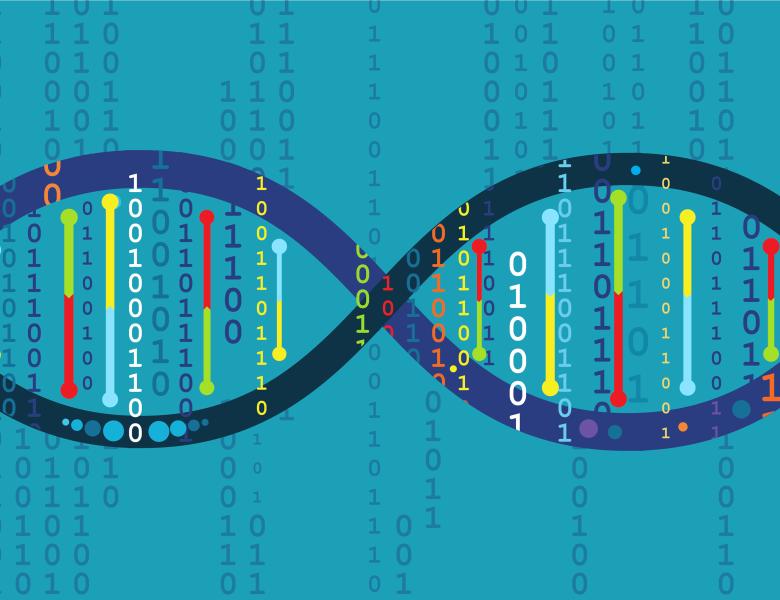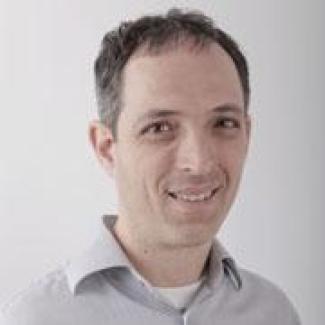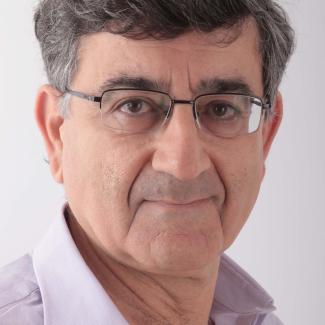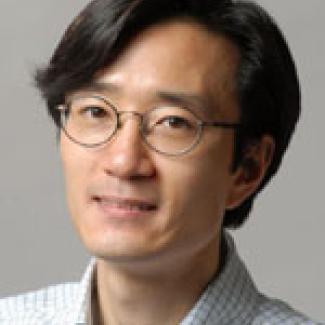
Numerous genome-wide datasets of biological samples, biochemical assays, genomic variation and phenotypic information are rapidly becoming available. These include, among others, genomics (DNA), transcriptomics (RNA), proteomics, metabolomics, ribosome profiling, and chromatin state (epigenomic) profiles such as DNA methylation, protein-DNA binding, chromatin accessibility and genomic contacts. The pertaining datasets carry enormous potential for better understanding of cellular and disease processes and thus facilitate the exploration of basic science questions, as well as drive translational applications. Basic biological questions include the association of genomic variants with functional effects, the identification of physical and functional interactions among molecules, and the inference of molecular mechanisms that underlie a response of interest. Translational challenges include the identification of disease biomarkers, the stratification of patients based on their molecular profiles, the prediction of disease state and outcome, and the inference of potential drug targets and treatments for diseases of interest.
However, these fundamental questions raise many technological, computational and statistical challenges—from data measurement to data integration and machine learning, some of which include:
- Improved technologies for measuring at higher resolution and with higher accuracy genome-wide data.
- Enhanced algorithms for integrating diverse data across different samples, tissues, cells and conditions.
- Improved modeling approaches for large scale and diverse data with coupled learning strategies that allow accurate inference of functional interactions.
These challenges call for major advances in biotechnology, algorithmics and statistics. They also call for combined experimental-computational approaches to maximize the gain from the developments in these domains. At the conference, we will discuss recent advances in all three domains, how they apply to the questions at hand, and how they can be combined to drive us forward in this scientific quest.
Patrick Aloy (Institute for Research in Biomedicine), Patrick Aloy (IRB Barcelona), Brenda Andrews (University of Toronto), Gil Ast (Tel-Aviv University), Gil Ast (Tel Aviv University), Sourav Bandyopadhyay (UCSF), Gill Bejerano (Stanford University), Andreas Beyer (University of Cologne), Tony Capra (UCSF), Pascal Falter-Braun (LMU Muenchen), Irit Gat-Viks (TAU), Martin Hemberg (Harvard University), Martin Kircher (Berlin Institute of Health), David Knowles (New York Genome Center), David Knowles (Columbia University/New York Genome Center), Jian Ma (Carnegie Mellon University), Shyam Prabhakar (Genome Institute), Natasa Przulj (Barcelona Supercomputing Center), Teresa Przytycka (NCBI, NIH), Julia Salzman (Stanford University), Noam Shomron (TAU), Noam Shomron (Tel Aviv University), Erich Wanker (Max Delbrueck Center for Molecular Medicine (MDC)), Erich Wanker (MDC Berlin), Zhiping Weng (University of Massachusetts), Jimmie Ye (UCSF), James Zou (Stanford University)








